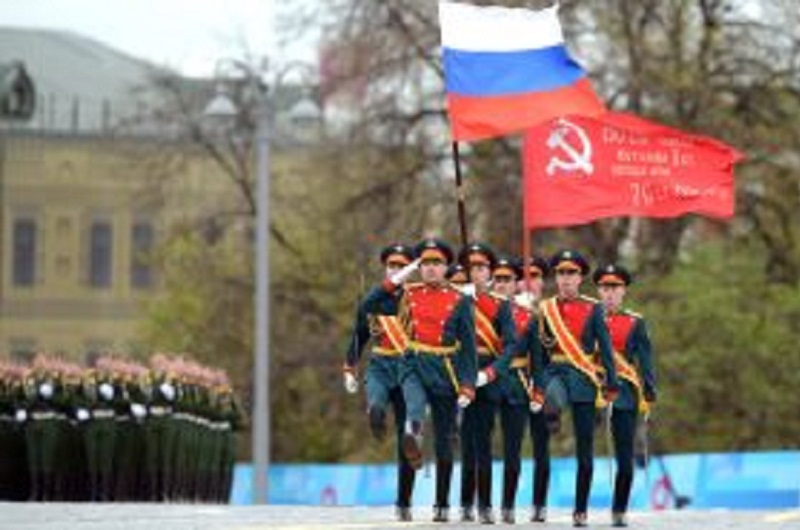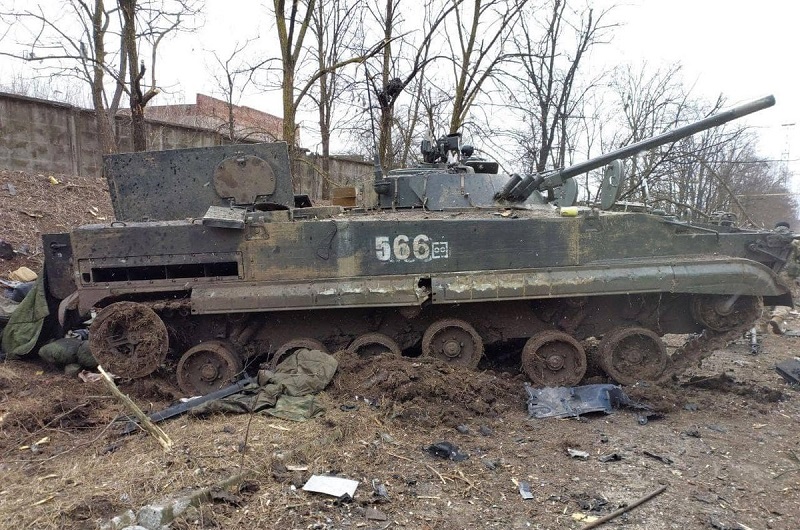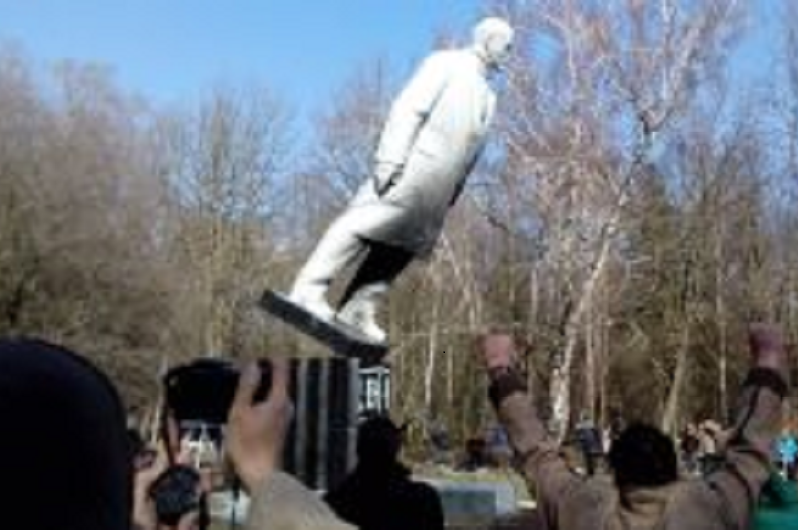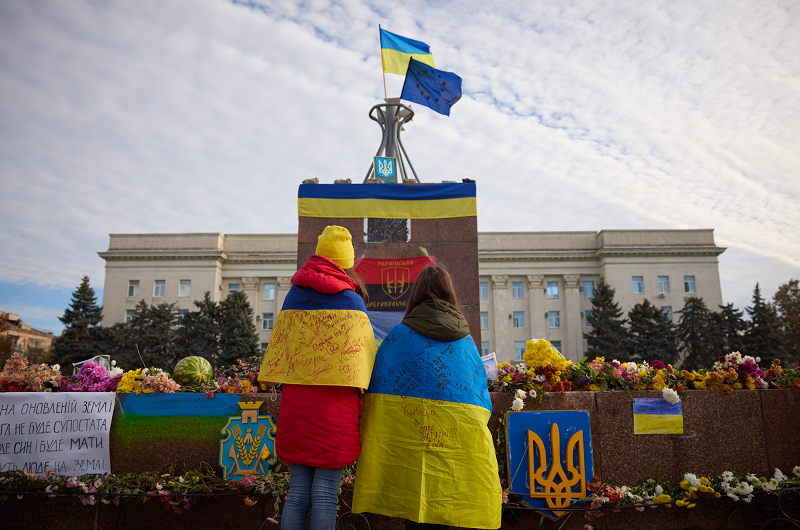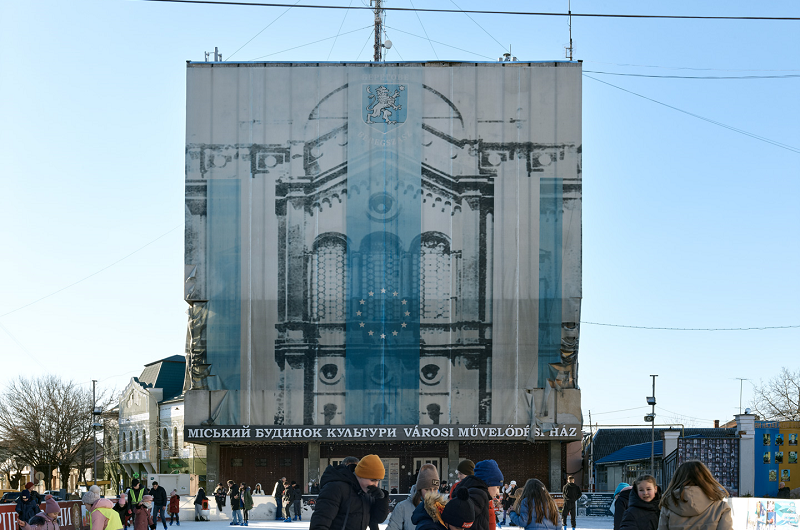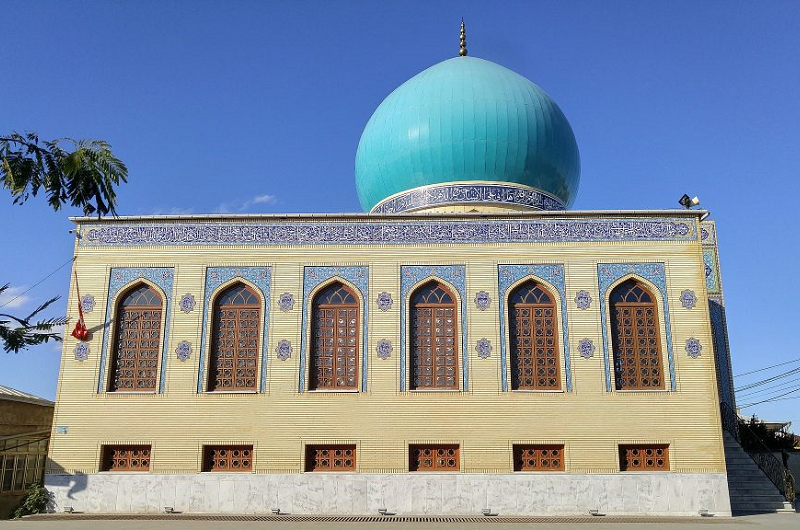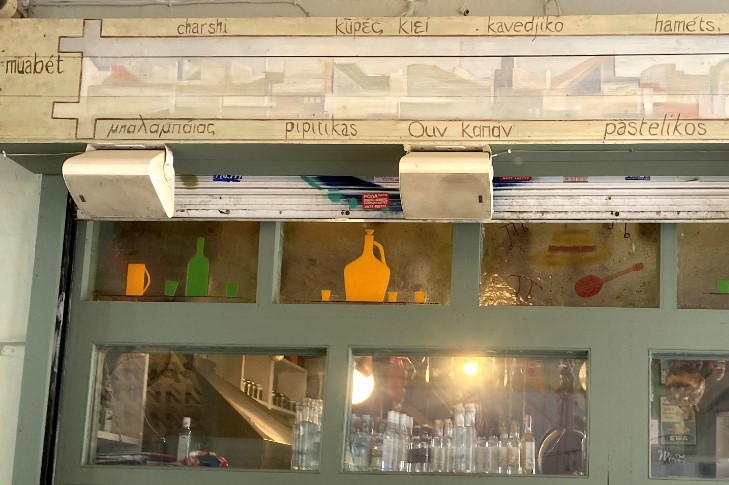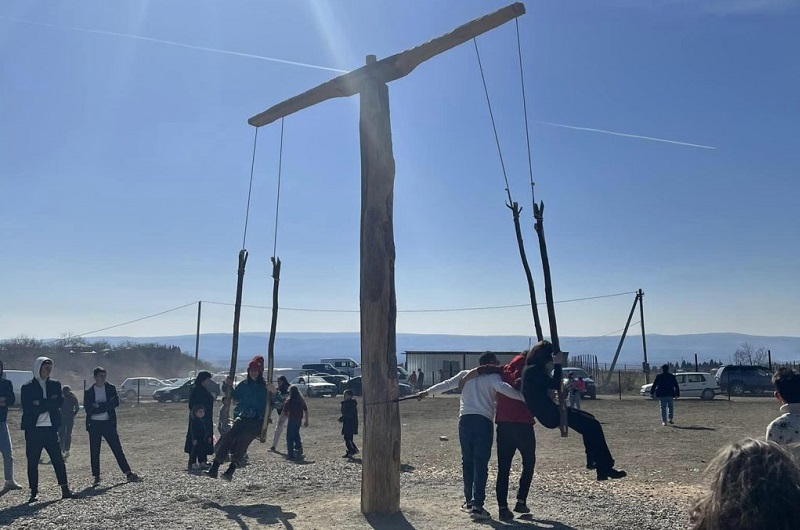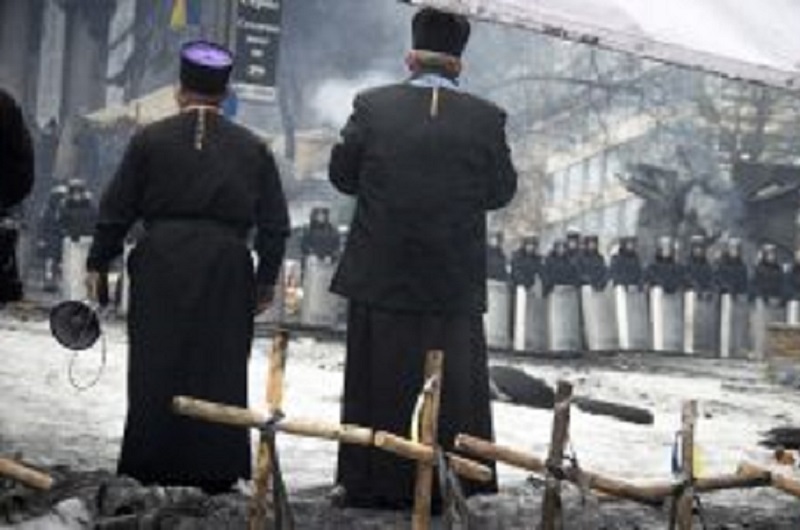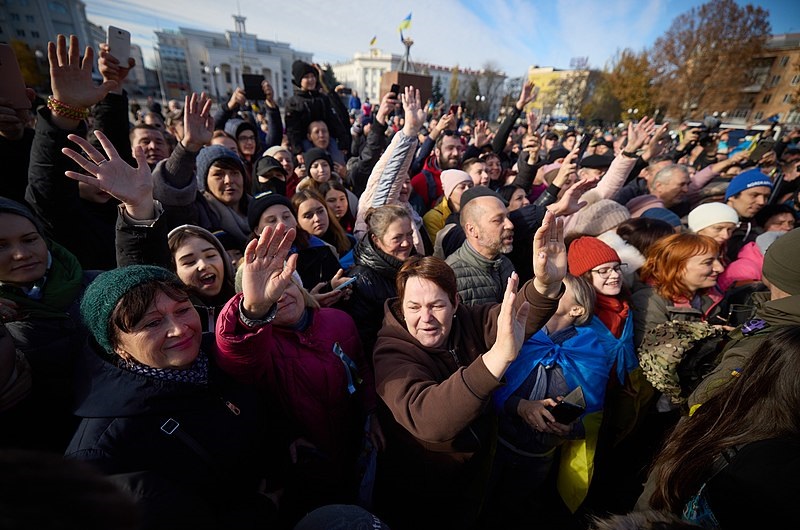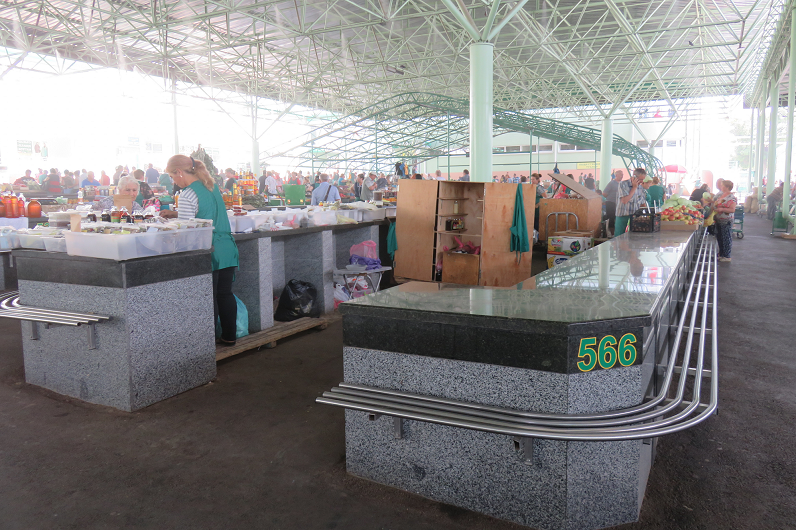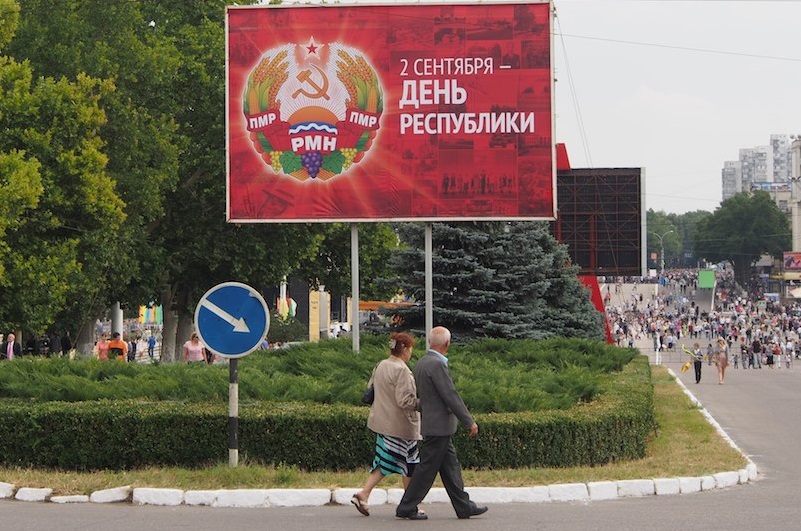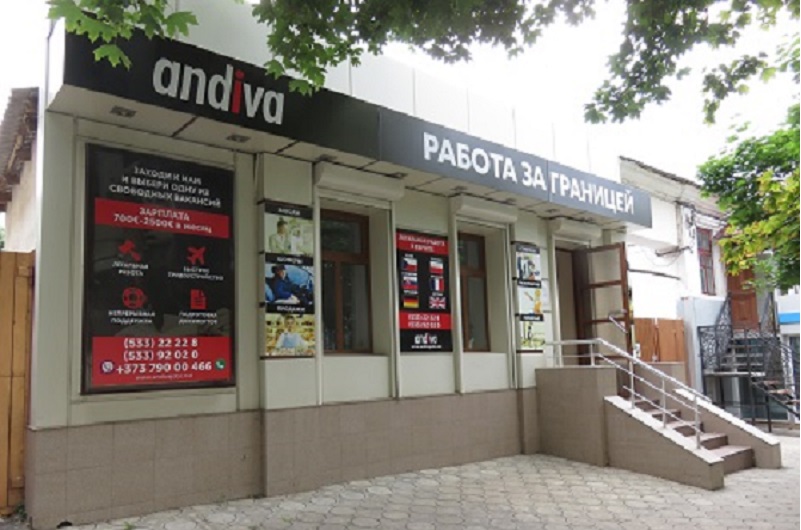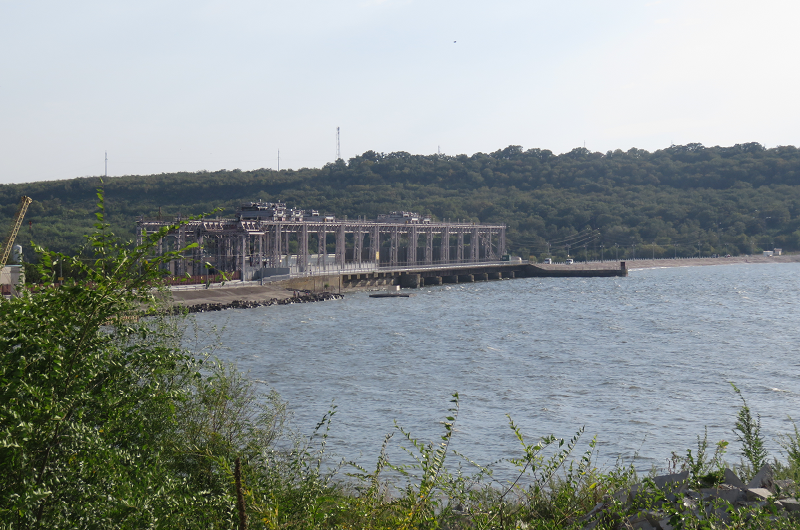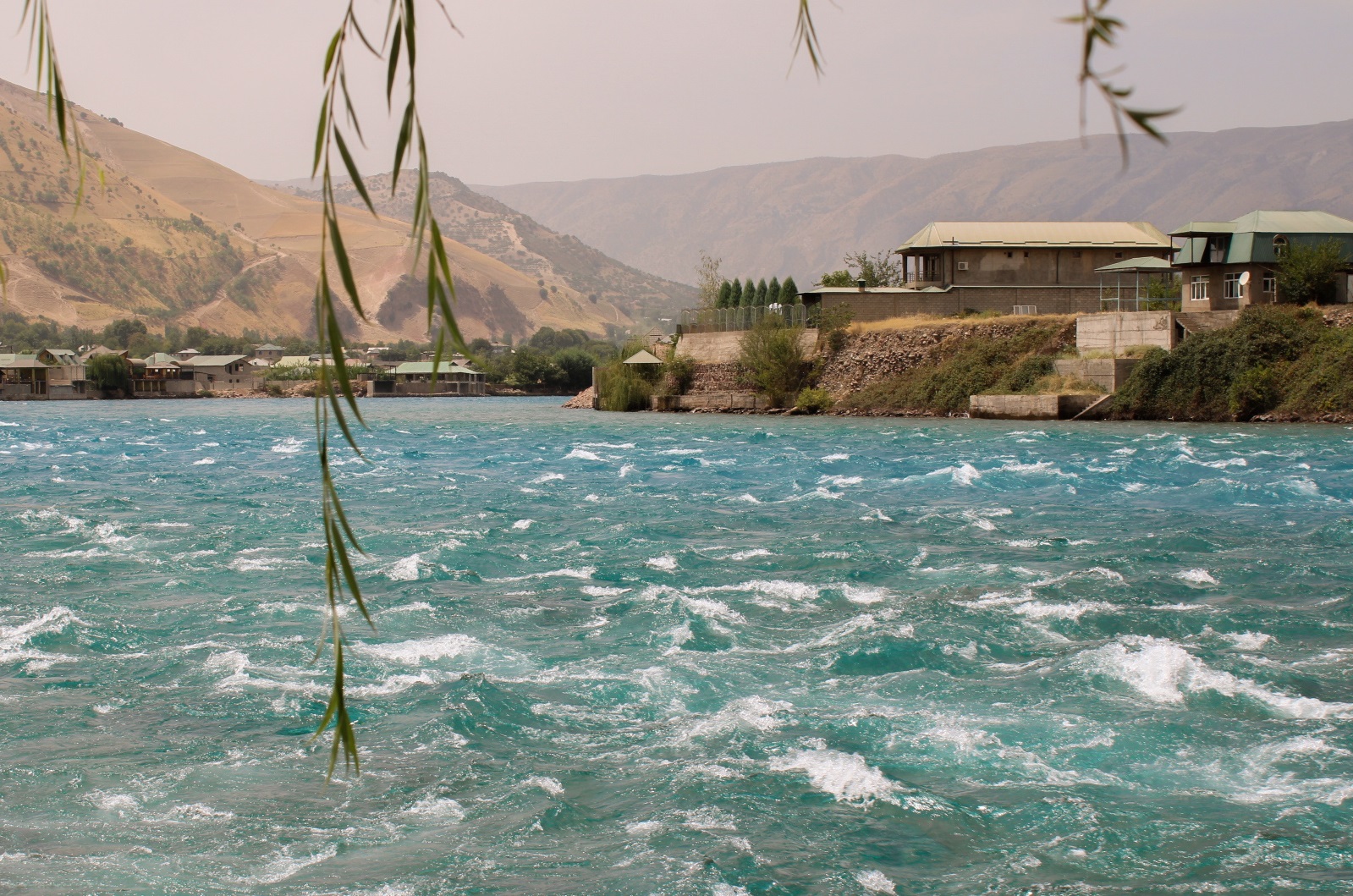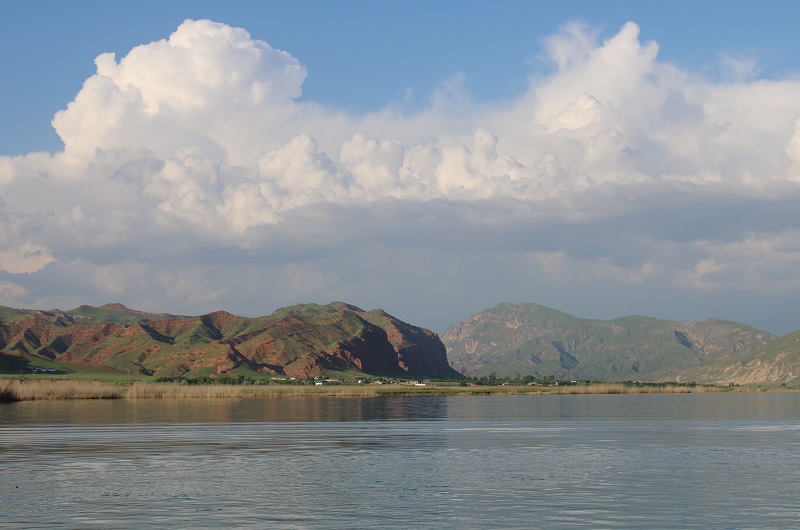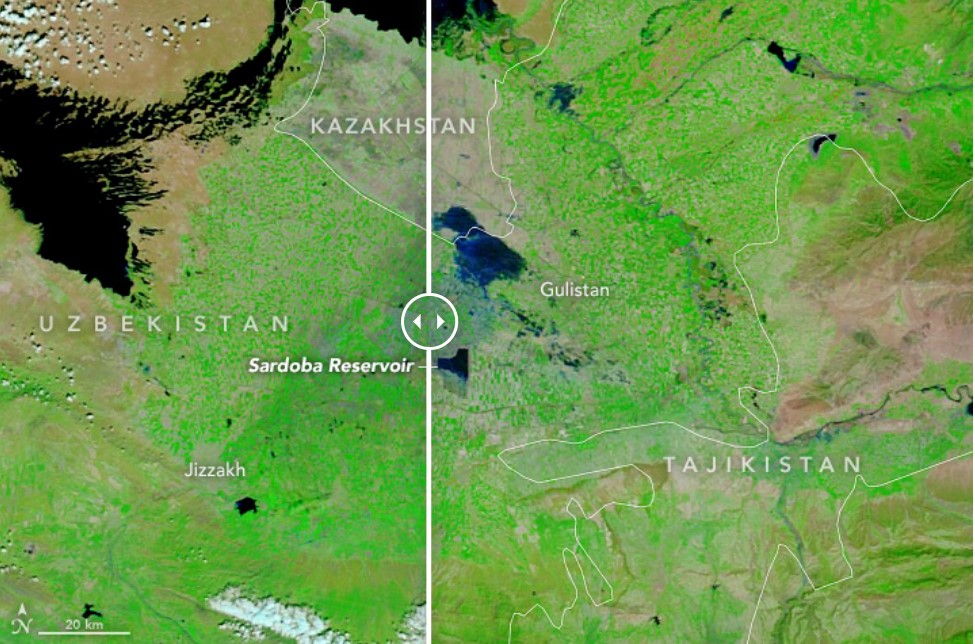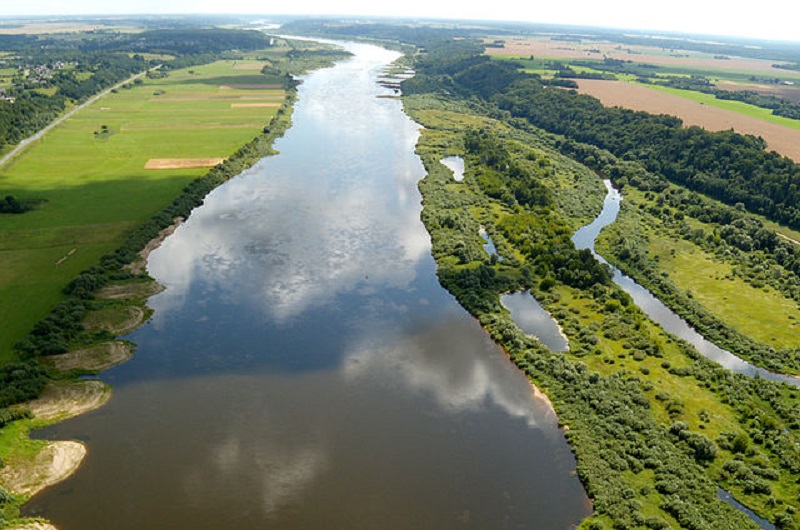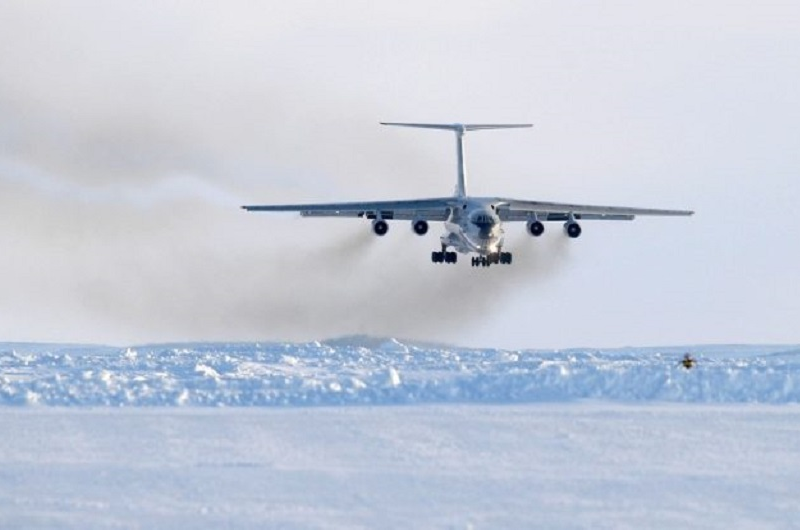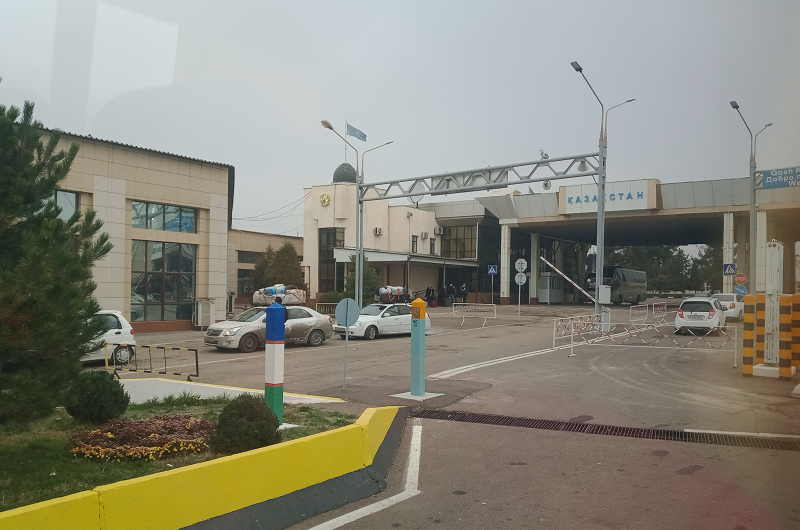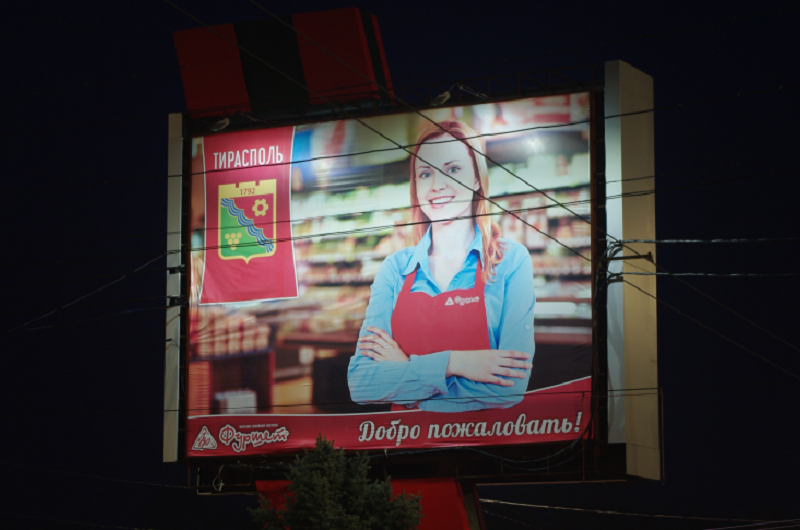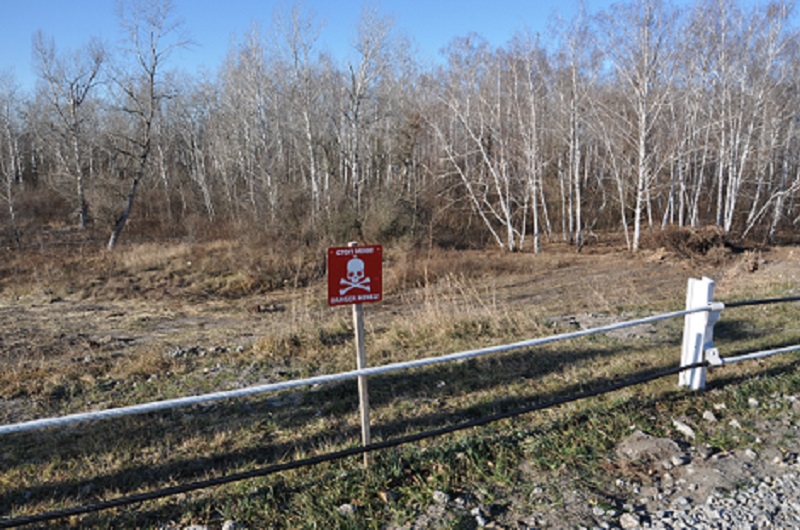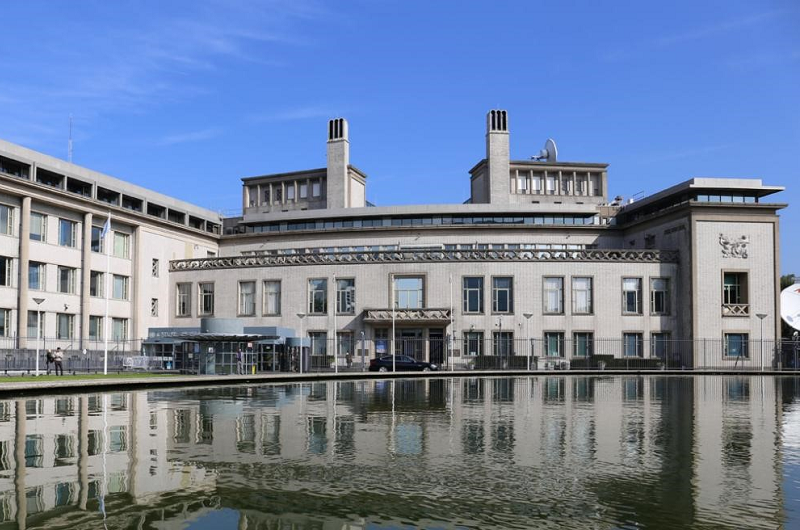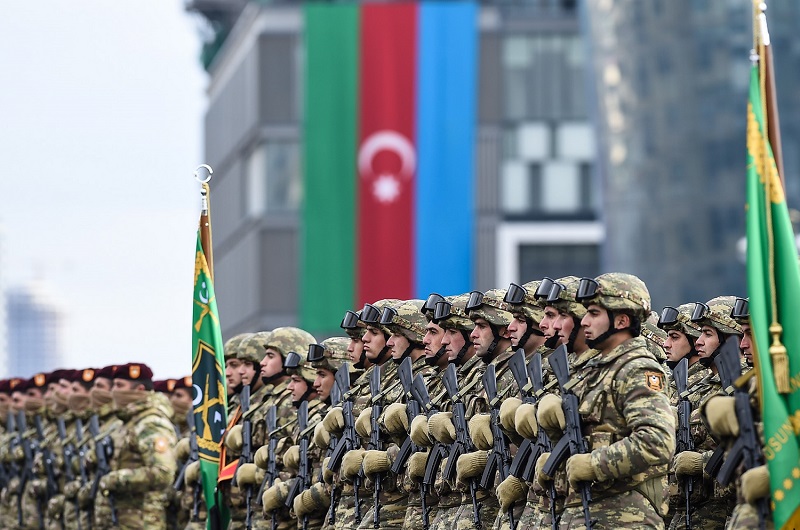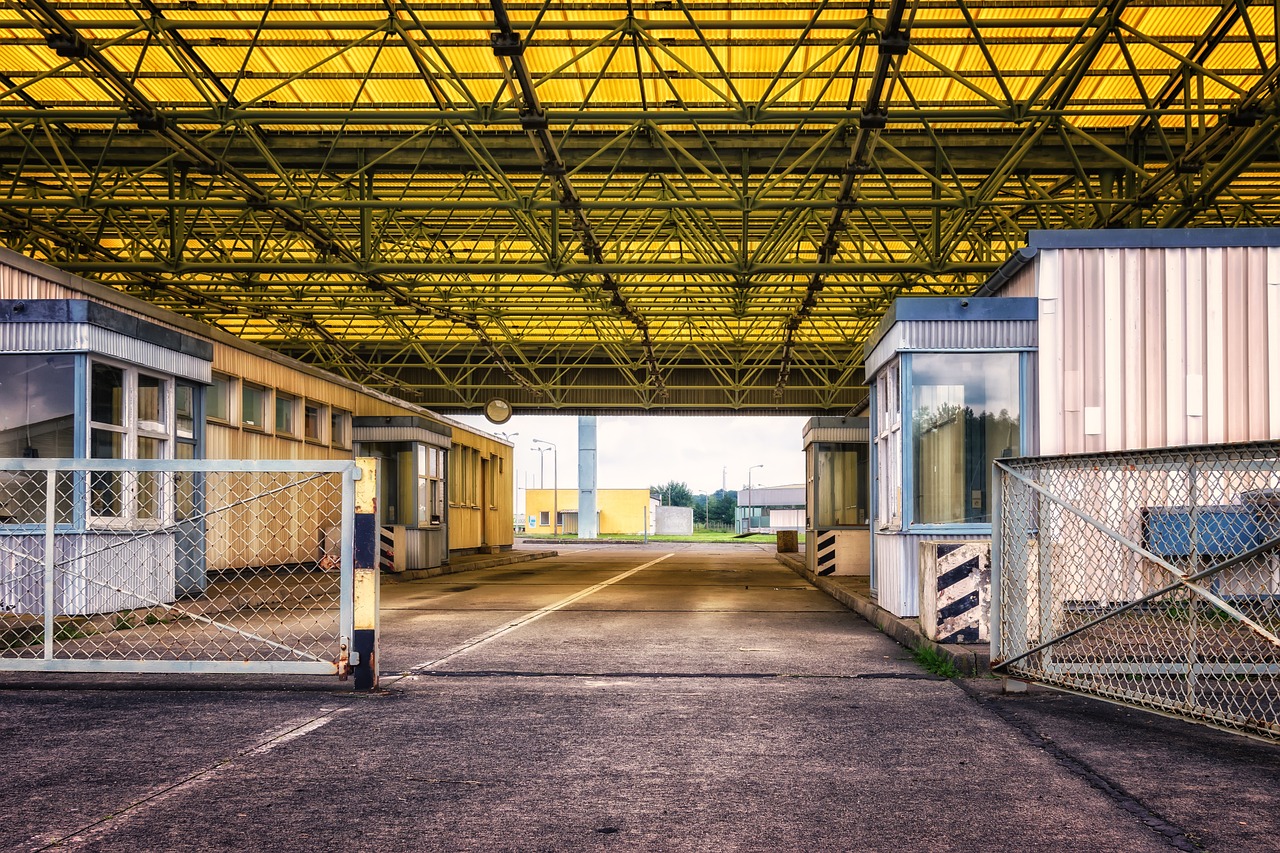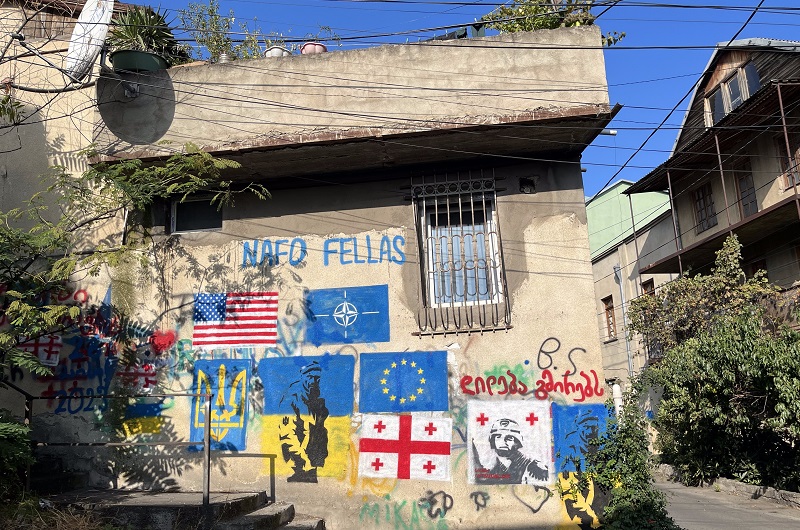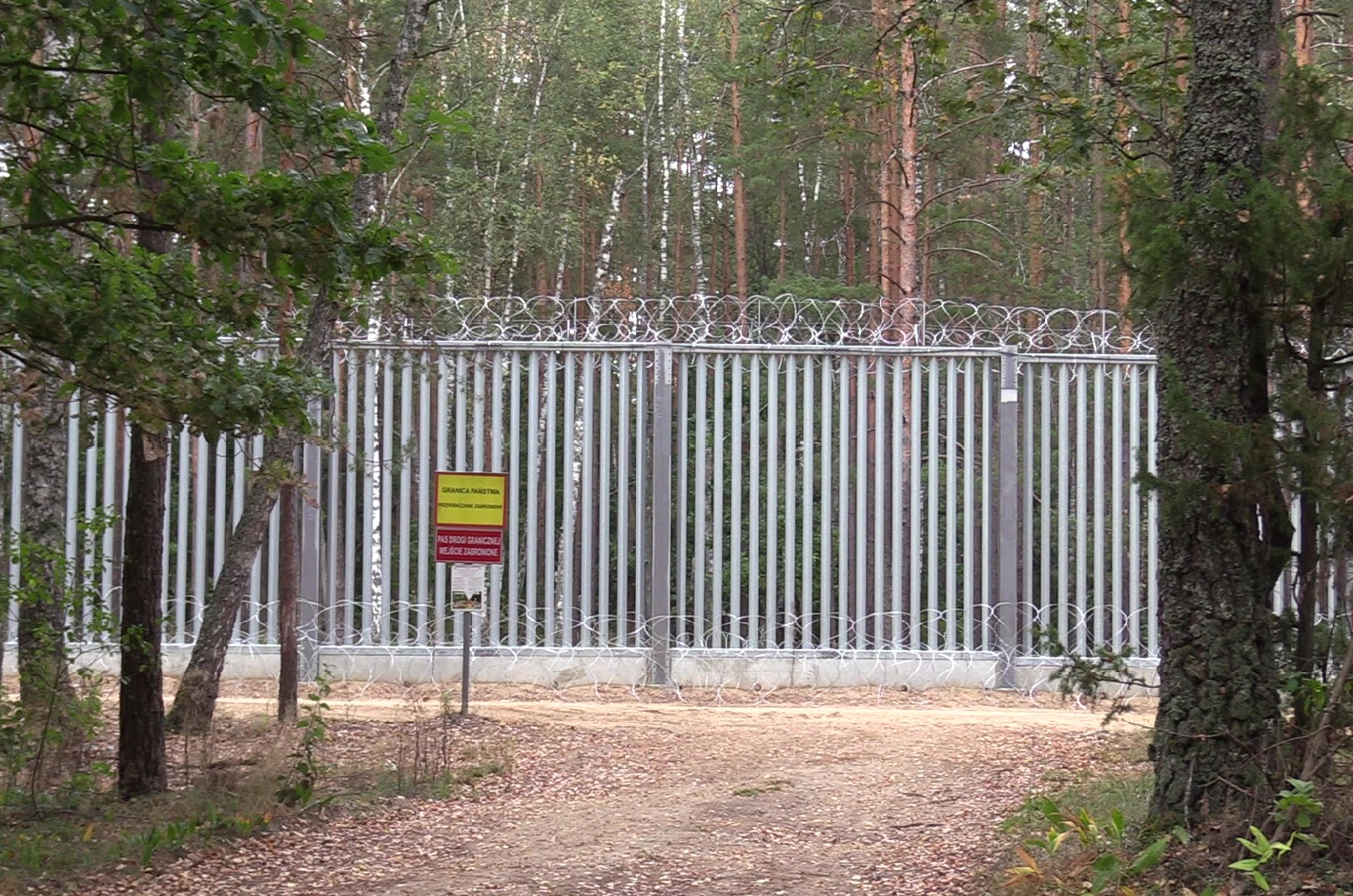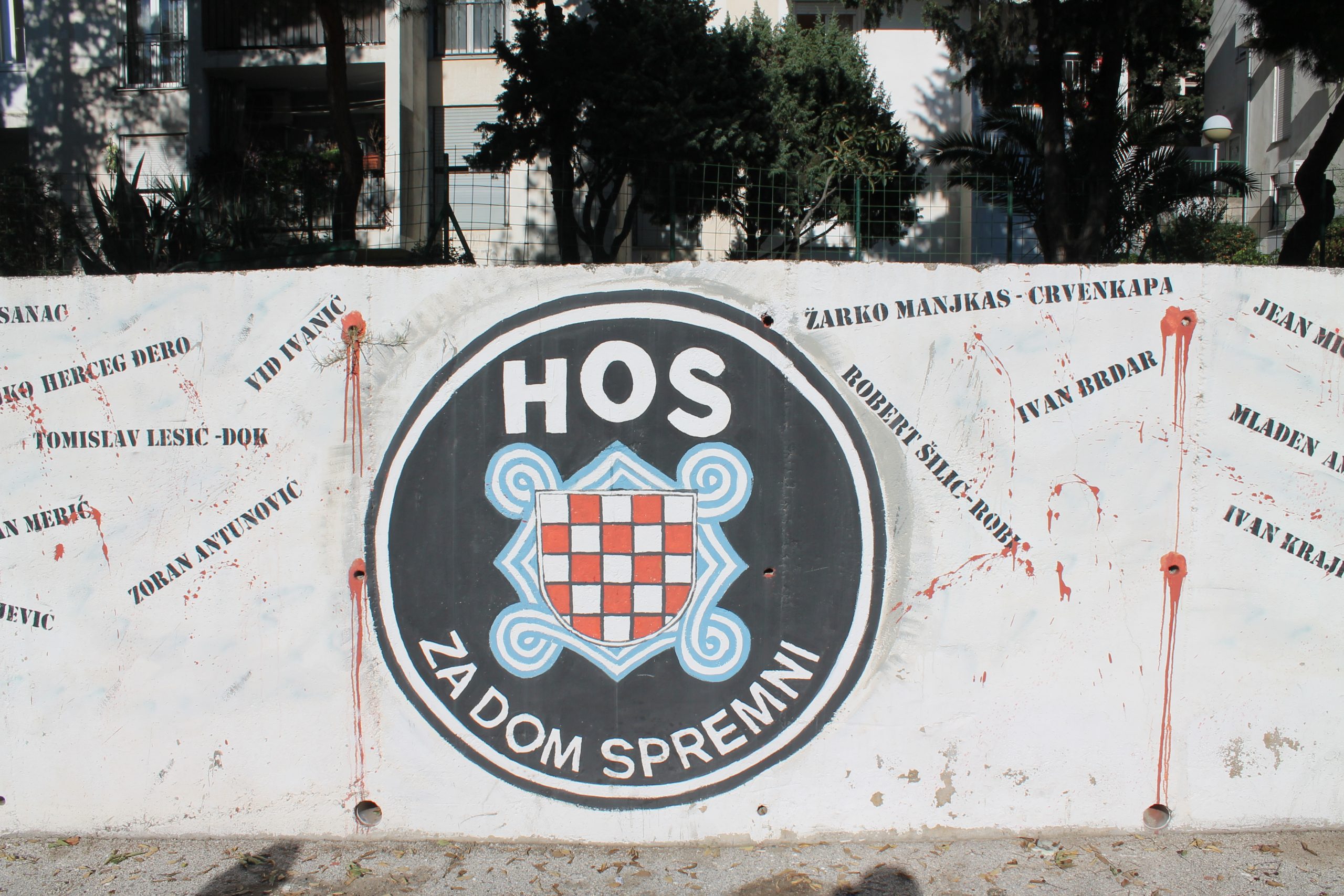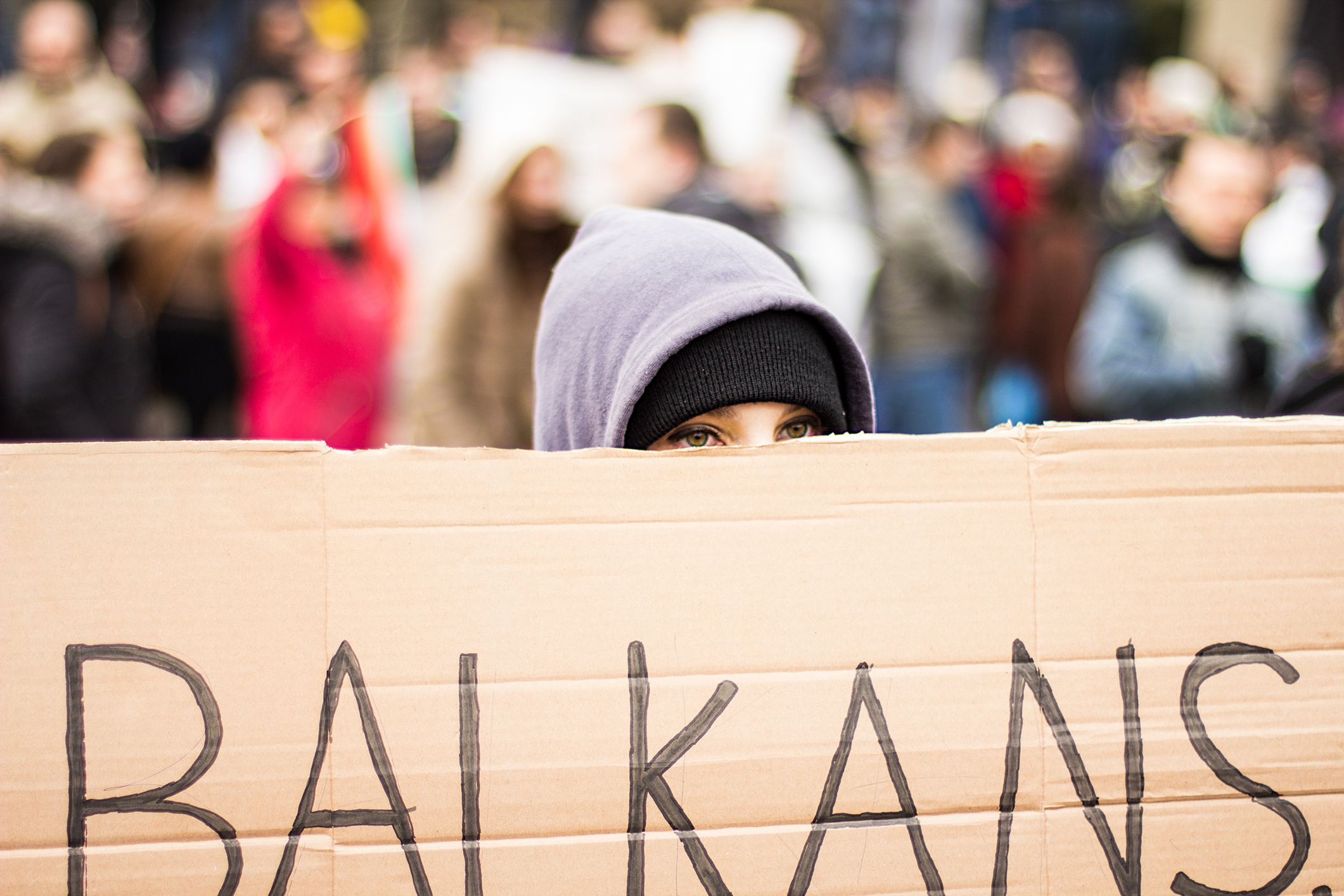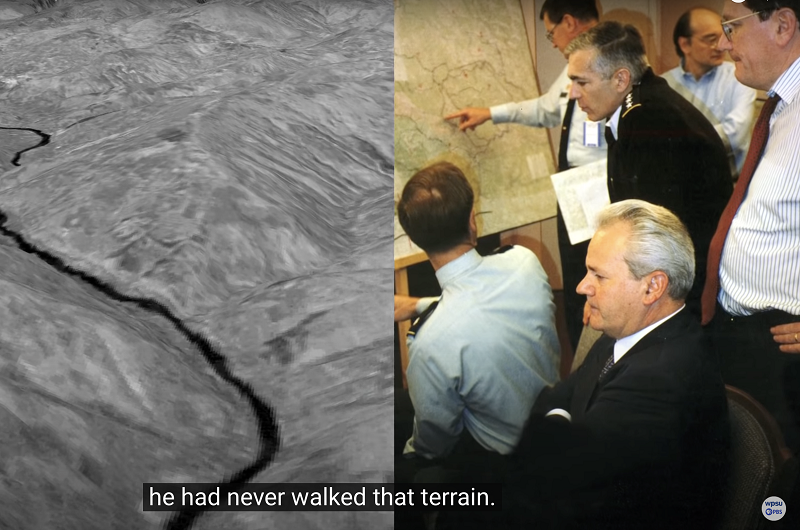Project(s)
The Network
The research network “Cooperation and Conflict in Eastern Europe: The Consequences of the Reconfiguration of Political, Economic, and Social Spaces since the End of the Cold War” (KonKoop) is an interdisciplinary project founded by the German Ministry of Education and Research (BMBF). It consists of six academic institutions across Germany, and its purpose is to foster inter-institutional research on conflict and cooperation in Eastern Europe, including Southeast Europe, Russia, the Caucasus and Central Asia. Therefore, the individual research projects are intertwined and organized by thematic considerations (e.g. in topic lines), not by institutional ones. In order to make this research more explorative and visible, the Multi-Method Data Laboratory (DataLab) and the Multi-Perspective Visualisation Laboratory for Peace and Conflict Cartography (VisLab) are overarching the network.
Topic Line A: Post-imperalistic Nation Building Processes
From a historical point of view, the great empires in Eastern Europe have been in a process of dissolution since 1917/18, which has not been completed to this day. The opposition between empires and national sovereignty is a source of wars and conflicts up to the present. After the return to the imperial order (1939-1989), we are witnessing since 1991 the (re)establishment of sovereign nation states in Eastern Central and South-Eastern Europe as well as in the post-Soviet space. These processes have been partly peaceful, but in the former Yugoslavia and on the territory of the Soviet Union they have also been violent and warlike. The projects in this topic line deal with the nation building processes after the end of the Soviet Union in a comparative perspective. A particular focus is on the actors in the violent conflicts, including Russia’s war against Ukraine since 2014. The aim of the research is to gain a deeper insight into these conflicts, the violence and the actors.
Topic Line B: Ethnic and Religious Diversity
While ethnic, religious and language diversity has been widely discussed in the social and political sciences, little is known about how a certain understanding of diversity is promoted and implemented in Eastern Europe, and how is it produced on the ground in multi-ethnic and multi-religious localities. More than 30 years after the dissolution of the Soviet Union, the question of diversity as a moral discourse, a cultural norm, or an institutional category is particularly important for peace and conflict regulation in Eastern Europe, in post-war Southeastern Europe and in the South Caucasus. Although laws on religious freedom, multilingualism and the recognition of ethnic minorities are enshrined in constitutions, regulatory interventions in this area are increasingly used to control or limit diversity in public spaces. The multidisciplinary projects in the topic line B deal with the making and unmaking of ethnic and religious diversity and with new mechanisms of inclusion and exclusion. How is the war in Ukraine affecting and transforming existing concepts, practices and materialities of ‘unity in diversity’ in ethnically and religiously mixed situations?
Topic Line C: Economic (Des-)Integration
Topic line C sets off after the collapse of the Soviet Union, when the fifteen successor states had to re-integrate their economies into regional and international markets – a process that is particularly interesting in regard to the post-Soviet de facto states of Abkhazia, South Ossetia, Nagorno- Karabakh, Transnistria. But this economic disentanglement and re-entanglement process was and is by no means only conflict-free. Economic interests, especially those of elites, are considered to be one of the causes of numerous conflicts in Eastern Europe and are affected by them.
Even though the role of economic elites in the emergence of conflicts in Eastern Europe has been well researched, we know little about how economic elites and other economic actors (e.g. employers and employees of small and medium-sized enterprises) channel their economic interests and activities or try to change distribution conflicts that result from the reorganization of economic relations in their favor. The projects and workshops therefore deal with economic relationships particularly in the context of unrecognized statehood and how to approach them.
Topic Line D: Environmental Change and Ecological Resources
Environmental changes and related political and socio-ecological transformations in Eastern Europe and Central Asia impact the distribution and access to natural resources. In doing so, they hold the potential for increasing conflict on the local, regional, and transboundary levels. The projects and workshops in topic line D focus on the interaction of environmental factors and disputes over land and water resources in a region with high ethnoreligious diversity.
The conflict constellations and configurations around natural resources are traced through a systemic and participatory research approach in order to (a) gain deeper insights into the diverse, complex, and intertwined roles and interests of involved actors and (b) analyse the socio-ecological, political and economic dimensions of conflict and cooperation in natural resource use in their historical genesis. The aim is to develop an improved understanding of the factors that enable or hinder collaborative arrangements in natural resource management. The findings, hypotheses, and research approaches generated through this research are transferred to other regions and disciplines within the research area of the KonKoop network.
Topic Line E: Interactions and Interdependencies between Conflict and Cooperation
This thematic line explores the multiple interdependencies of conflict and cooperation in the post-Soviet and post-Yugoslav space. One special focus is the interaction of macro and micro level processes of organizing social and political life during and after conflict. Specifically, we look at the impact of ceasefires on the ground, how they become de facto borders and take on a life of their own in the everyday practices of local communities. We investigate how and why conflict settlements of all sorts have unsettled and triggered renewed violence. We trace how local confidence- and trust-building is shaped by shifts of the geopolitical order. We analyze how the new geopolitical competition of patrons across the region, such as among the U.S. / EU and Russia, impacts the course and outcomes of secessionist conflict. And we tap the rich data available from the former International Criminal Tribunal for the former Yugoslavia (ICTY) to shed new light on the Balkan conflicts of the 1990s and their aftermath. It might be that the continuous dialogue among us researchers leads us to places beyond our horizon so far.
Topic Line F: In:Security
In the context of the Russian war of aggression against Ukraine, security perceptions and discourses in Europe have changed considerably. The thematic line In:Security in Eastern Europe intends to address different aspects of security and insecurity, relying on critical/vernacular security studies as a theoretical prism. This implies going beyond conventional state-/military-centred notions of security. Instead, the focus will shift to regional/local security demands and needs. The aim is to shed light on how the Russian war and global security developments are perceived and have particular consequences at those levels – in a deliberate decentring of the idea of a European security order. Read more

